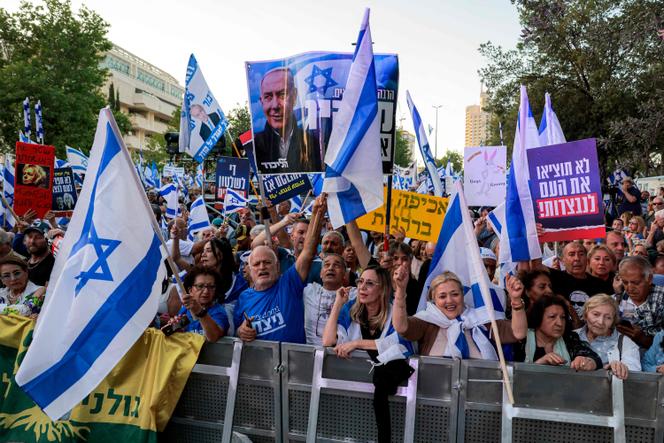

For more than a decade, after the collapse of the peace process launched by the Oslo Accords in 1993, politics faded from the Israeli-Palestinian conflict. Negotiation gave way, at regular intervals, to the clash of arms, culminating in the explosion of violence on October 7, 2023, and the events that followed in Gaza, which had already been under a harsh Israeli blockade since 2007.
The cost of international inaction – waiting for a renewed Palestinian leadership and an Israeli government willing to consider a potential diplomatic initiative to emerge out of nowhere – is now clear. It is counted in hundreds of Israeli deaths, tens of thousands of Palestinian deaths and tens of billions of dollars: the estimated sum needed to make Gaza viable and livable again, if the war ever stops ravaging the narrow strip. This inaction has also led to a deterioration of how Israel's Western allies are perceived, as they are unable to defend the same principles when it comes to the war in Ukraine as they are in the conflict unfolding in the Palestinian territories.

Such a horrific toll should have brought diplomacy back to the forefront, yet the conference jointly organized by France and Saudi Arabia, from June 17 to 20 at the United Nations, to revive the two-state solution – that is, the creation of a Palestinian state alongside Israel – has mainly fueled doubts. At this stage, it is unclear how the United States, without whom nothing has ever been possible regarding Israel, views the initiative, or whether the conference is aiming for any tangible result without which it would amount to failure.
You have 70.1% of this article left to read. The rest is for subscribers only.
